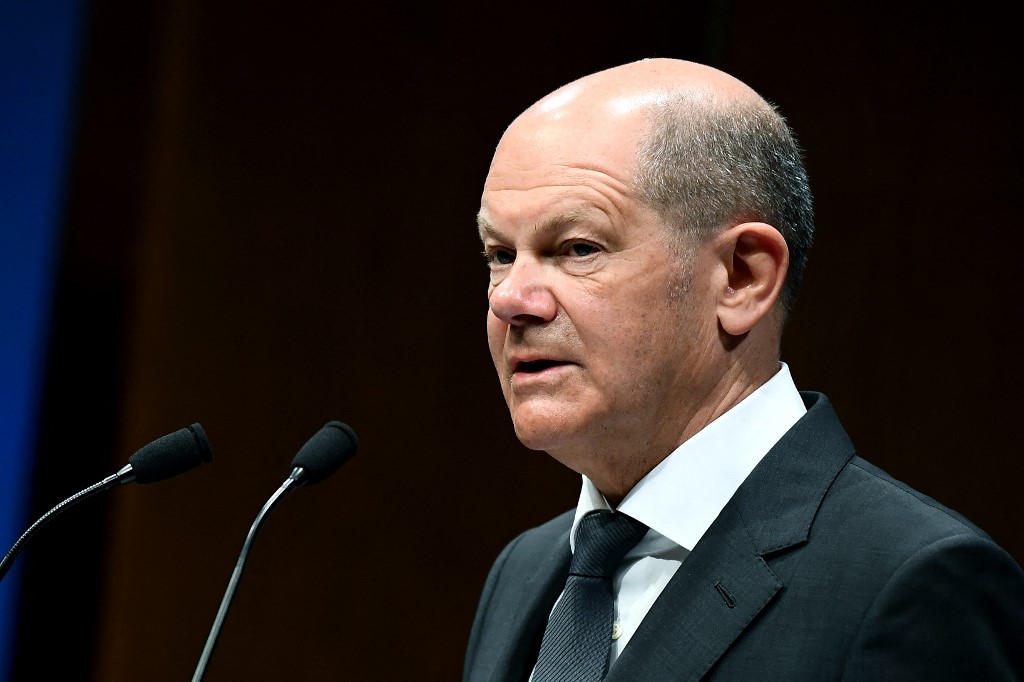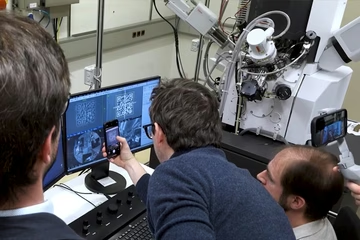German Chancellor's office issues comment on Bosnia Serb Presidency member veto

During the last summit of leaders held within the Berlin Process in German capital last year, the Western Balkan countries signed three agreements, including the one on the recognition of identity cards among the countries of the Western Balkans. According to that agreement, the authorities of Bosnia and Herzegovina and Kosovo, who do not recognise each other's independence, would mutually recognise personal documents. However, when the three agreements were put on agenda of the Presidency of Bosnia and Herzegovina, its Serb member and current Chair of the tripartite Presidency Zeljka Cvijanovic was outvoted, which led to the adoption of the documents and Cvijanovic using the constitutional instrument of vetoing the decision before the entity parliament of the Serb-majority entity Republika Srpska. The veto won full support at an extraordinary session of Republika Srpska National Assembly on Thursday.
Oglas
Explaining the decision, Cvijanovic cited the current state of human rights in Kosovo as the reason for stalling the ratification of this agreement. In addition, she said that she was against deciding on all three agreement in a package, adding that she would have voted for recognition of diplomas if it had been separately on agenda.
https://n1info.ba/english/news/bosnias-fm-at-berlin-process-summit-we-hope-the-eu-will-fulfil-its-promise/
The cabinet of German Chancellor Olaf Scholz shared the stance on this situation in a statement for N1.
“The German Government regrets the delay with regard to the ratification in BIH of the mobility agreements in the framework of the Berlin Process. They could be a cornerstone of regional cooperation – with tangible benefits for all citizens. Partner states, among them Serbia, have already ratified the agreements. We are convinced that regional economic cooperation based on EU standards makes the region a more attractive investment location for German and European businesses and contributes to economic growth and closer ties with the European single market. The President of the European Commission, Ursula von der Leyen, stressed the fundamental importance of the Common Regional Market for the further integration of the Western Balkans into the EU in her speech at the Globsec Conference on 31 May,” the chancellor's office told N1.
https://n1info.ba/english/news/eu-delegation-calls-on-bih-to-ratify-implement-berlin-process-agreements/
It recalled that Germany is not a party to these agreements and it is not Germany's citizens who are affected.
“However, we are regularly in contact with German businesses that are interested in investing in the region and have a great interest in the development of the common regional market. We are very worried that Bosnia and Herzegovina will fall behind here and we therefore very much hope that all politicians in Bosnia and Herzegovina will finally put their country's economic development and European integration above personal interests,” it added.
Kakvo je tvoje mišljenje o ovome?
Učestvuj u diskusiji ili pročitaj komentare
Oglas
Kakvo je tvoje mišljenje o ovome?
Učestvuj u diskusiji ili pročitaj komentare
Oglas





 Srbija
Srbija
 Hrvatska
Hrvatska
 Slovenija
Slovenija



























































